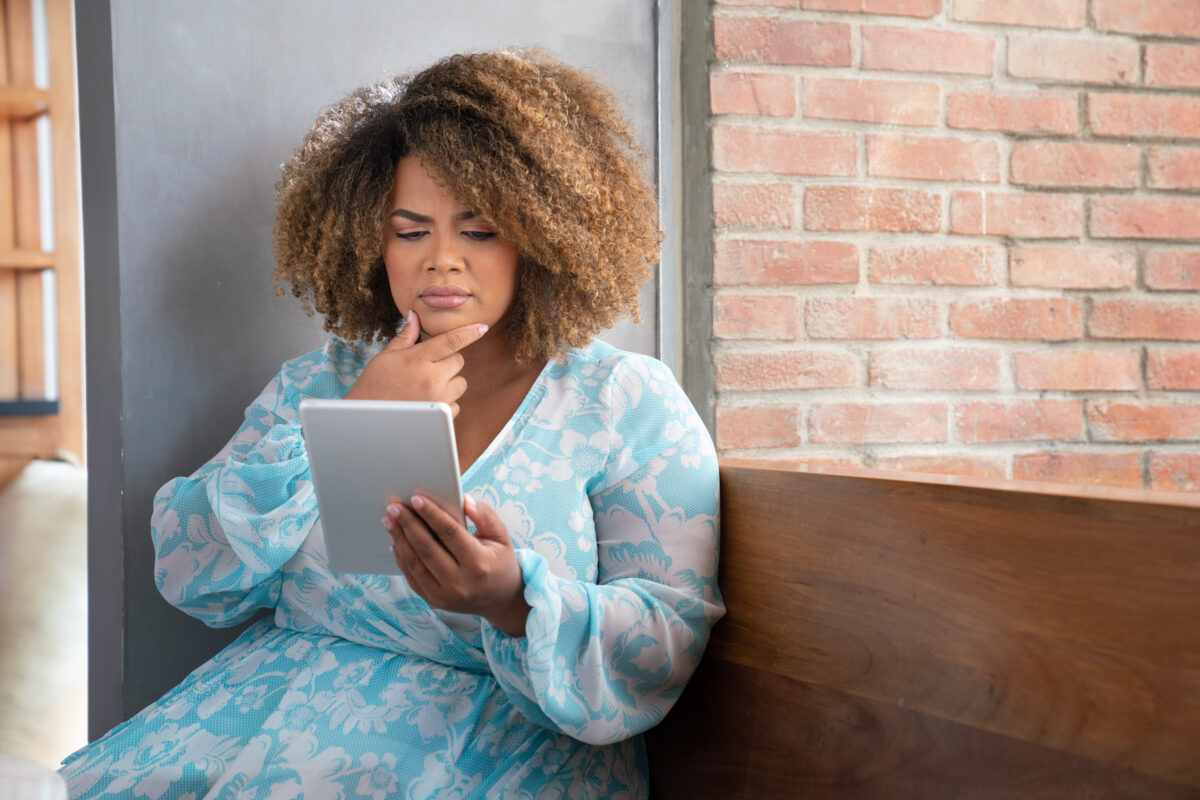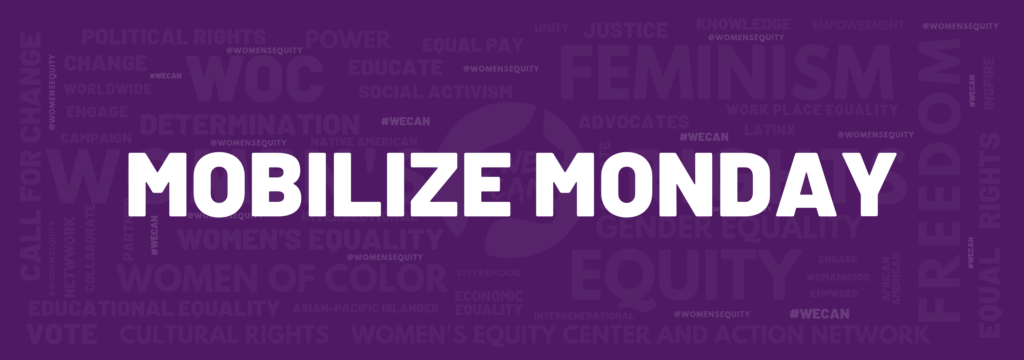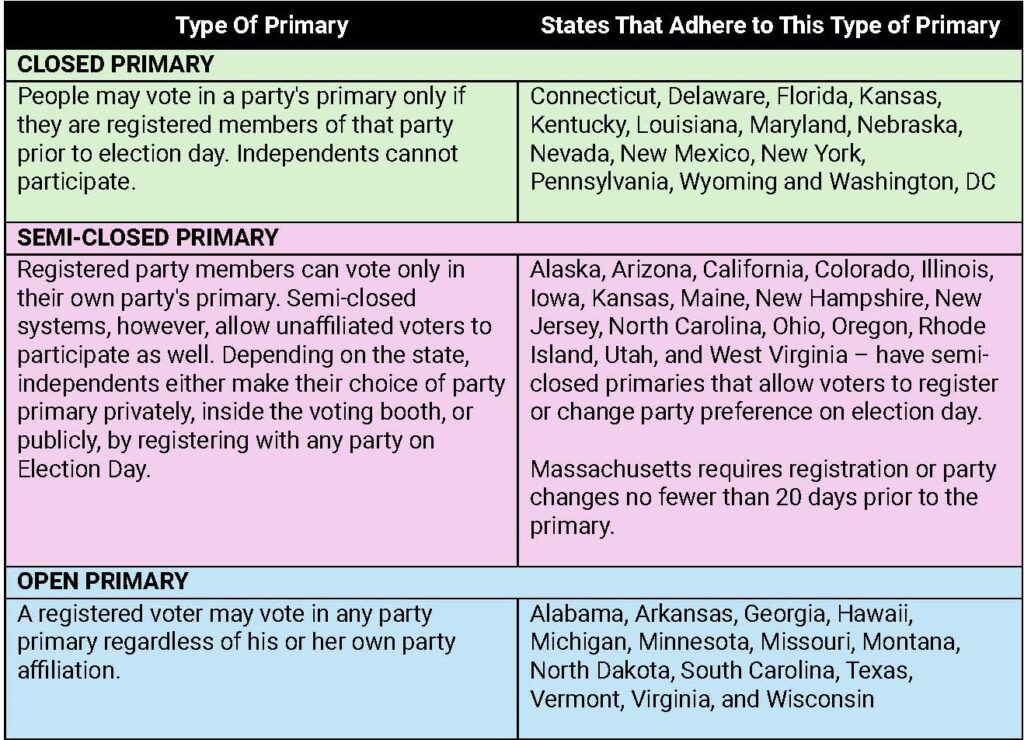
What are Primaries and Caucuses Anyway?

Dear Sisters,
Rev. Dr. Martin Luther King, Jr. remains a pivotal figure in American life and history. Dr. King’s tireless advocacy for African Americans and low-income people is a standard most of us only dream of achieving. As we celebrate his birthday, many of us don’t see today as a day off but a day on. A day of service to our communities where Black Greek Letter Organizations (BGLOs) and others will work nationwide to stock pantries, register voters, and make other efforts to uplift the Black community.

This is also the time of an election year when we start to hear about caucuses and primary elections. Today, Iowa voters will caucus to select the candidate of their choice. Because Iowa is the first primary contest in the country, their choices frame the early talk about who might actually win the Presidency.
As part of WE CAN’s mission to educate women of color, you can expect to see Mobilize Monday posts focusing on specific aspects of the electoral process. WE CAN wants you to know more about the power we give elected officials. Power to make decisions about a range of things that affect our daily lives. Once we give them the power, we must also hold them accountable.
So, today, we’ll dig in and learn about the difference between a primary and a caucus. The chart below shows which states hold caucuses and which hold primaries. This link allows you to search and learn key dates for your state.

One major challenge with primaries and caucuses is that people don’t think the primaries matter, so they stay home and don’t vote. This means that the more qualified candidate sometimes doesn’t make it on the ballot. Take the 2022 election cycle and what happened in Georgia. Herschel Walker, a man most likely impaired by CTE and lacking governance experience, made a successful run for his party’s nomination. He won the primary and faced off against the eventual winner, Senator Rafael Warnock. Popularity sometimes wins primaries/caucuses, but campaigns allow voters to question candidates and decide based on what the candidate says and their record, not popularity or political ads.
Another challenge is that some people mistake the primary for the ‘real’ election and don’t vote in November. Please tell everyone that the primary is like the early rounds of a grand slam tennis tournament or football playoff game.
Both scenarios are examples of not enough people understanding how the process works. Check out the video below to briefly summarize the difference between primaries and caucuses. The more you know, the more empowered you are to make a good decision on primary election or caucus day!
What Can You DO NOW to Prepare for the Primary Election
- Step 1: Decide which party will have your vote and support
- Step 2: Register to Vote (or check your registration)
- Step 3: Study the candidates; learn their viewpoints on the things that are important to you; attend town hall meetings and campaign rallies and watch debates on TV/online
- Step 4: Study your ballot when it comes in the mail BEFORE you go to the polls to vote
- Step 5: Vote in your state’s primary or caucus
- Step 6: PAY ATTENTION to what is happening by following WE CAN on social media and following your elected officials on social media and their websites
If you know people who feel this way, practice what you’ll tell them about why they need to join you on primary election day! Use your influence! Remember, YOUR VOTE MATTERS!
There is a lottery ad that says, if you don’t play, you can’t win. Well, if you don’t vote, your candidate can’t win.
The choice is in our hands and begins with the primaries and caucuses. Are you ready?!
In solidarity,
Stephanie McGencey, WE CAN Founder

